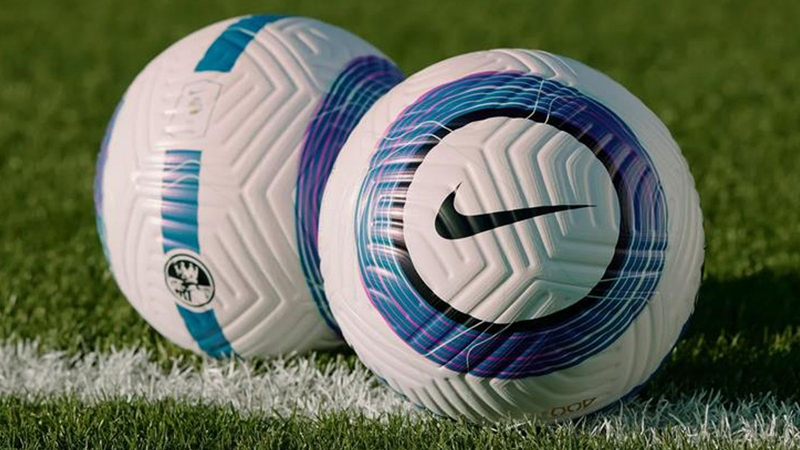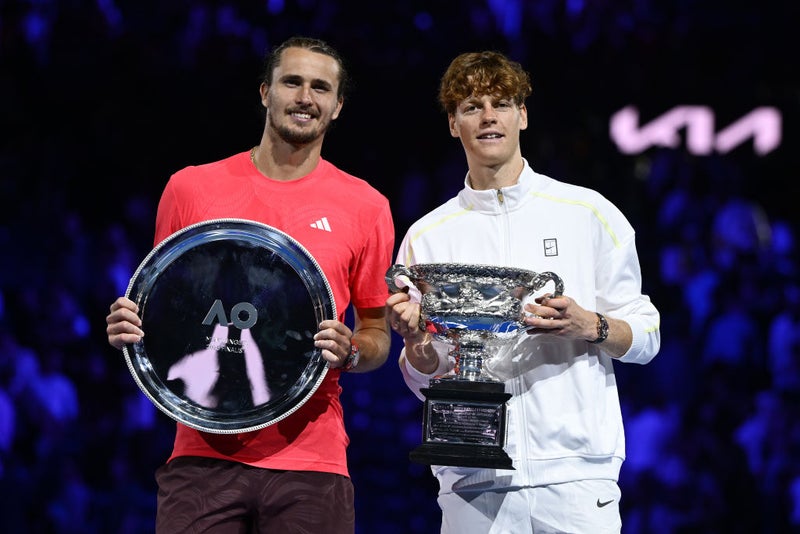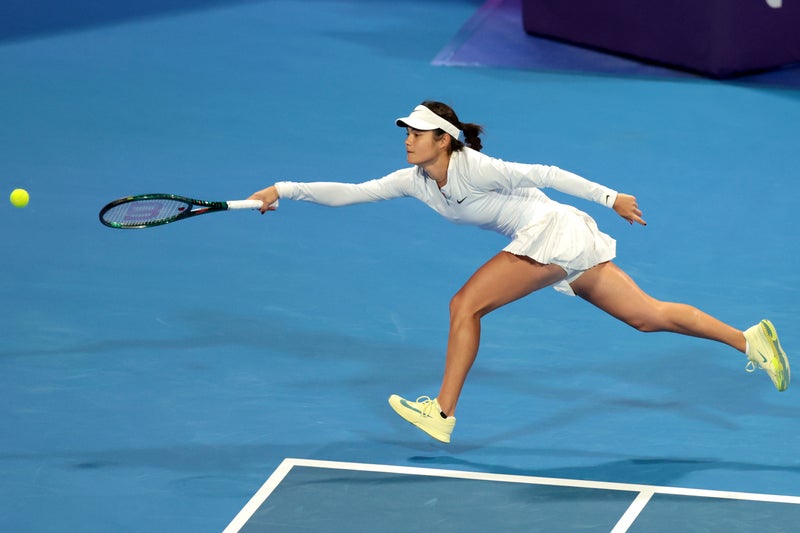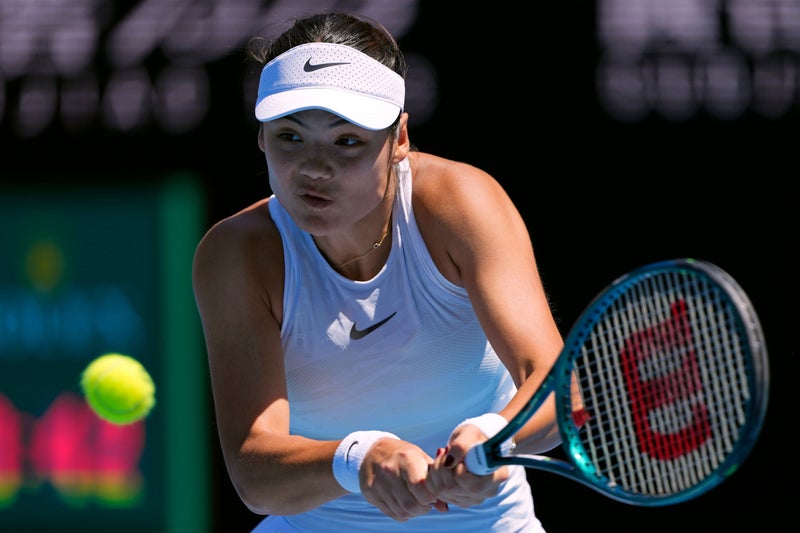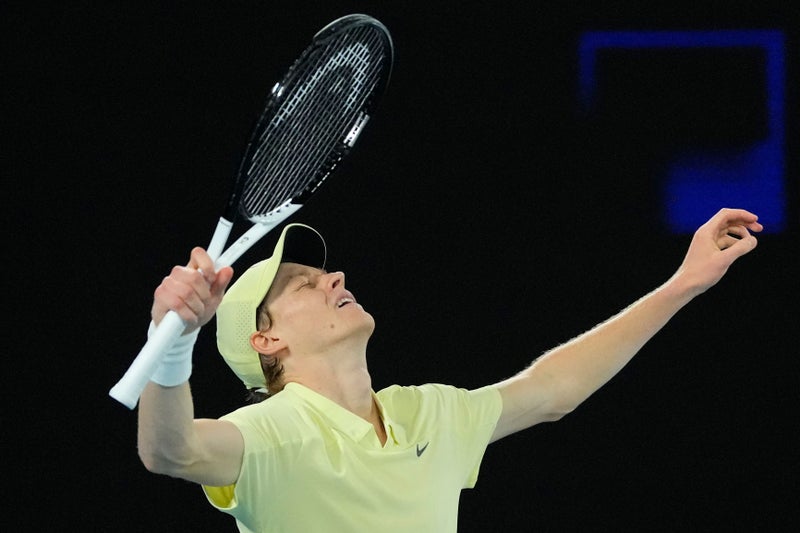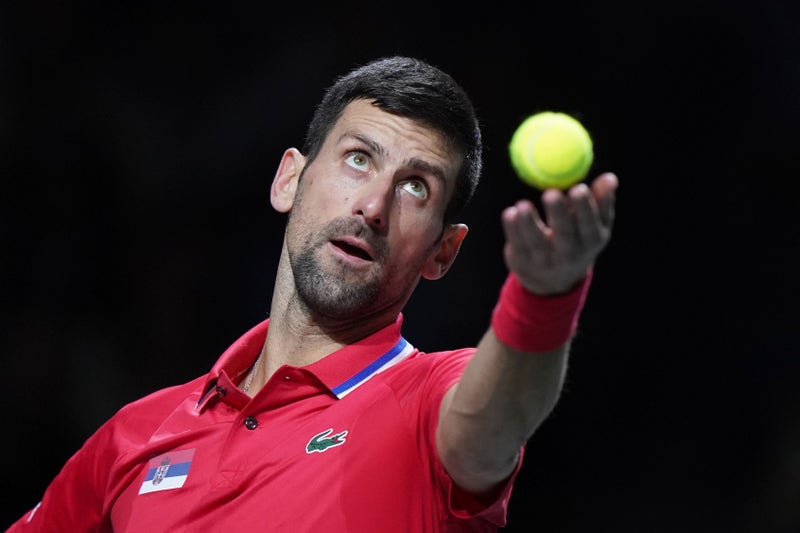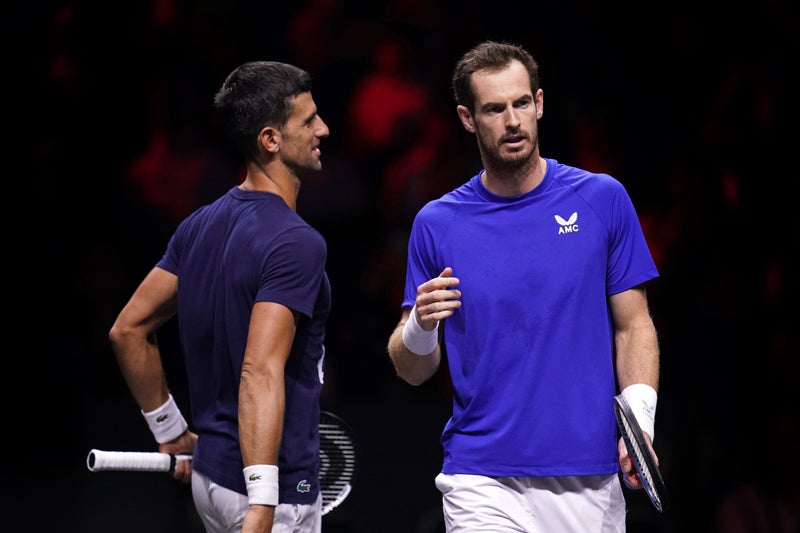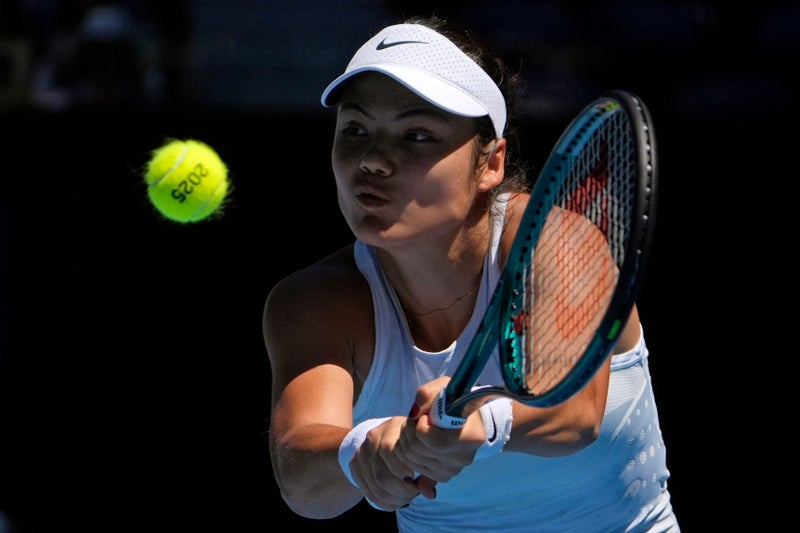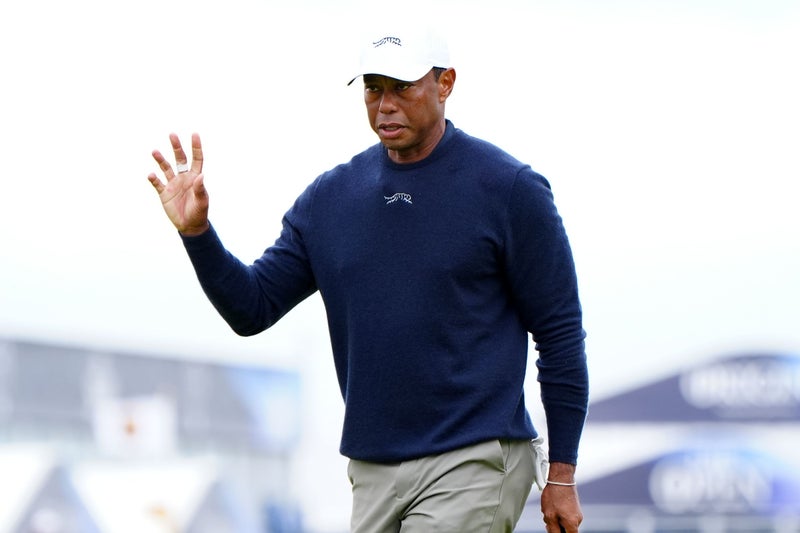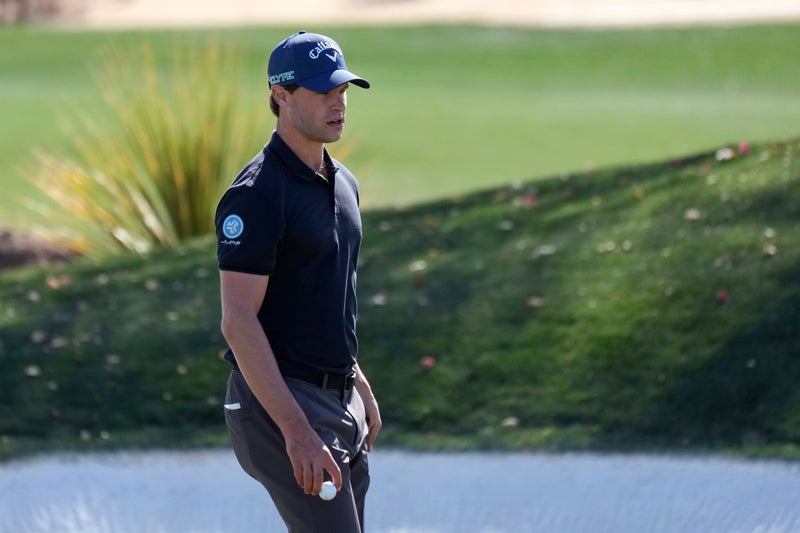Brentford are to integrate microchips into their match-day shirts that will prove their authenticity, in a move against the growing market for counterfeit football kits. Beginning with Wednesday night’s Premier League fixture against Everton, Brentford will become the first English side to wear shirts that provide a digital guarantee of their provenance, crucial for merchandise often sold for substantial sums at auction.
The club is to use verification technology created by the company Fabricks to prove the kit’s authenticity. Before each match a chip will be heat-pressed on to the bottom of the shirt. The chip then uses “near-field communication” (NFC), similar to the technology in a contactless bank card, to allow a smartphone to scan for information that will confirm who wore it and when.
The increasing popularity of replica football shirts as fashion and collector’s items has led to a substantial rise in prices over recent years, with the match-worn variety commanding the highest premiums. Match-worn shirts of current Premier League players can be listed on online retailers for £1,000 or more.
However, as the industry has become more lucrative there has been a rise in forgery. Last year the City of London police and the Intellectual Property Office conducted a joint operation during the men’s European Championship that led to £446,681 of “fake football apparel” being seized by authorities.
According to the company Corsearch, which specialises in copyright protection, the sale of counterfeit Premier League shirts generates as much as £180m a year and the total for official sales in season 2022-23 was £480m. Sign up to Football Daily. Kick off your evenings with the Guardian's take on the world of football.
after newsletter promotion. The chip is used by PSV, Feyenoord and Anderlecht. Fabricks is the sister company of MatchWornShirt, the digital platform where Brentford auction their shirts. The club gives the proceeds of their auctions to the charity Heart of West London, which funds research into heart disease and raises awareness of CPR, but the technology would also be effective should the shirt then be sold on again. Adam Ward, Brentford’s head of partnerships, said he was “delighted” to agree the deal.


